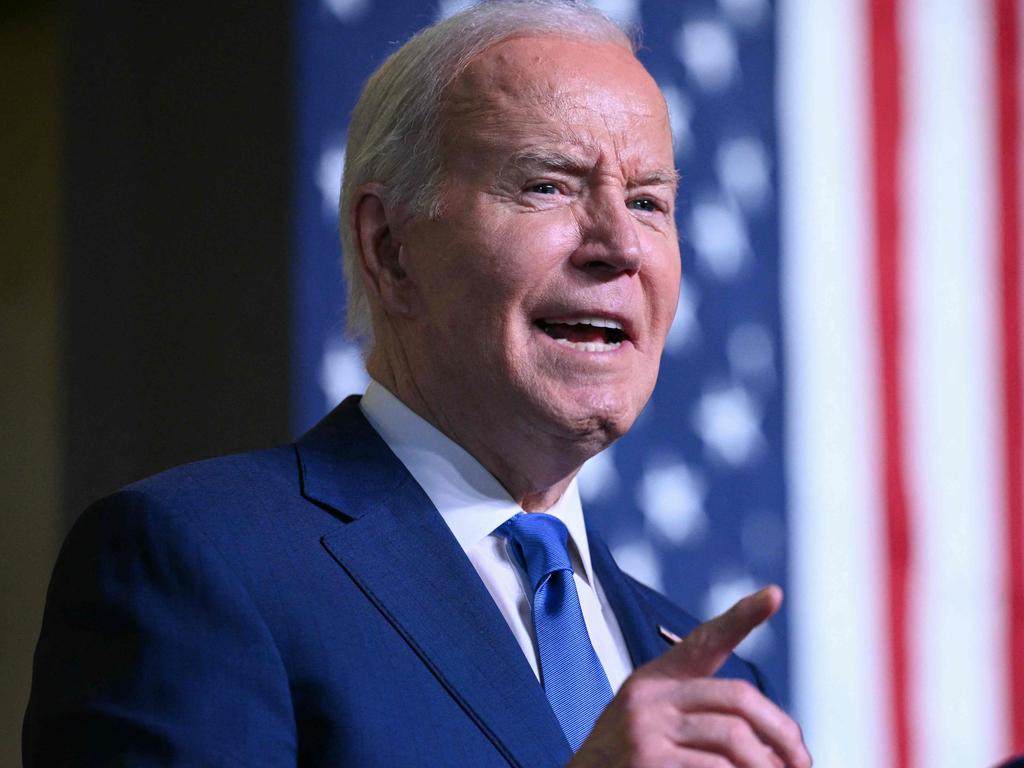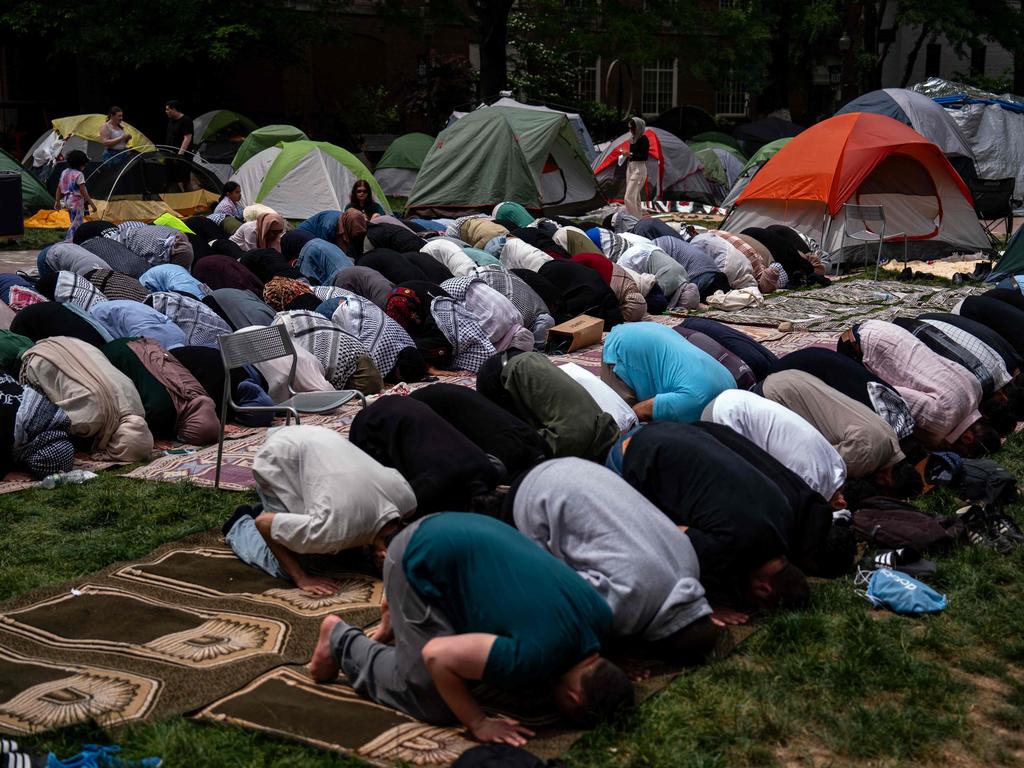Palestine puts paid to cosy campus consensus
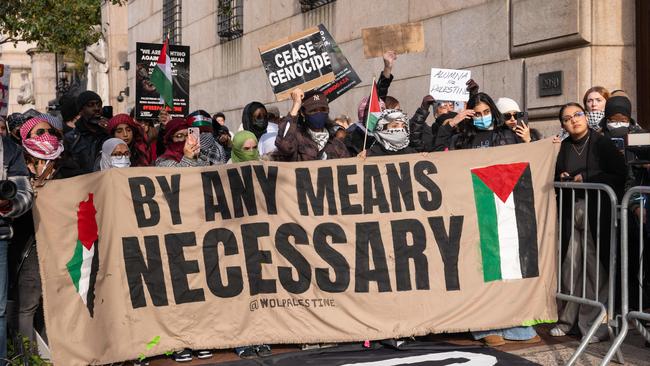
The other day I went to UCL to watch a pro-Palestine demonstration under a louring London sky. The protesters were energetic in their chanting and drumming but I was struck by how little interest most other students showed in the small band camped on the lawn outside the university library.
The protest, despite media interest, was not an exotic spectacle for students.
Perhaps this is because British universities have now seen more than a decade of protests: a radical spell longer than even the golden age of campus activism in the 1960s. I arrived at university in 2011 in the midst of the demonstrations against tuition fees. Then came the anti-capitalist Occupy movement. Then Rhodes Must Fall. Then MeToo. Then anti-Brexit marches.
Then trans rights. Then Extinction Rebellion. Then BLM. Then Just Stop Oil. And myriad other half-remembered causes. There can scarcely have been a year since about 2010 when an undergraduate with radical aspirations and a spare afternoon could not have found a sit-in or march to attend.
I do not point this out to doubt the sincerity of student activists or the justness of (some of) the causes above, merely to observe that on modern campuses protest has become a kind of institution. Also notable is how little mayhem student protest has caused in 21st-century Britain. True, the sit-ins and paint-splashings look dramatic, especially when viewed in jumpy iPhone footage. And offence and inconvenience have been caused. But we forget that student protest was once a byword for wholesale social chaos. No demonstration this century has approached the violence of hurled paving stones and barricaded Parisian streets of 1968. In the same year, at LSE an elderly porter died of a heart attack as student protesters punched the outraged university official trying to come to his aid.
A decade of student protest should sound like hell for anyone running a university. But administrators have managed to accommodate themselves to the new ambient mood of political radicalism with almost suspicious ease. University leaders now speak the jargon of protest as fluently as that of grades and coursework.
Student anger can simply be met with bland agreement. For instance, a student may protest that the university’s museums are colonial relics unworthy of a progressive modern institution. The museums tend to concur. The last time I visited the Pitt Rivers Museum in Oxford, I was greeted with signs on which the curators explained their institution was “a footprint of colonialism” and dolefully informed me that its collections “represent a lot of pain and suffering”. The museum is a protest against itself.
Indeed, many universities have even found it beneficial to adopt the language of political radicalism. As the American writer Tyler Austin Harper points out, exclusive universities looking to burnish their moral reputations have “cribbed the language of edgy politics, openly framing their institutions and initiatives as aspirationally ‘anti-racist’ and ‘decolonial’ enterprises while welcoming ‘scholar-activists’”.
Scholar-activists and decolonial agendas are difficult for even the most belligerent student activist to criticise. It is probably important that while the Sixties students were in revolt against their parents’ world view, those attending 21st-century protests are not really diverging from the values they were raised with. They are likely to have studied Rosa Parks and Martin Luther King in school. In the childrens’ sections of metropolitan bookshops you can find titles like A is for Activist and No! My First Book of Protest. The production of childrens’ books about suffragettes is an industry in itself. Greta Thunberg is the subject of numerous biographies for young readers. A teacher friend was once briefly (and incongruously) assigned to run the “activism society” of a London private school.
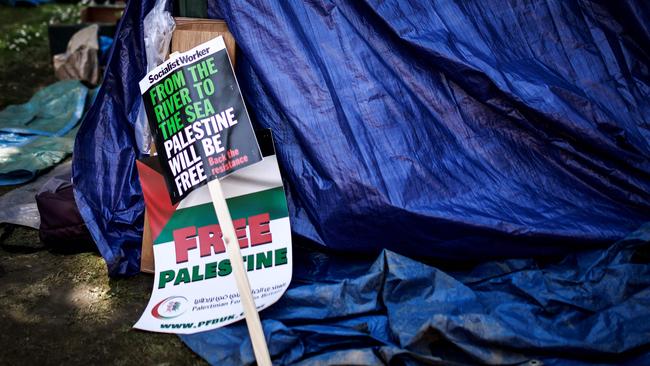
For students raised in this cultural atmosphere, participation in a protest must seem as inevitable a rite of passage as internships and graduation. For many, the aim is not to bring down the social order but to participate in a relatively uncontroversial modern ritual. A 2017 Pepsi advert used a political demonstration as the glamorous backdrop for Kendall Jenner to wander around displaying a carbonated beverage at flattering angles. Real radicals have tended to deplore the toothlessness of modern protest movements. The Marxist writer Mark Fisher worried about the way political dissent had been blandly folded into the establishment as an unthreatening “carnivalesque background noise”.
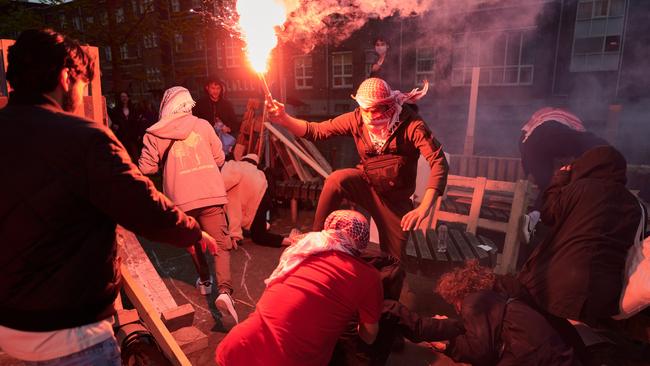
Thus far universities have accommodated themselves to this background noise. The Palestine demonstrations present a new problem because the turbulence at its heart – incidents of antisemitism and fury at mass casualties – cannot be absorbed in the vague language of earnest radical consensus. Universities are happy to pay lip service to ideas of racial justice and concern for the environment but must be more careful when they have worried Jewish student groups and unhappy donors to think about.
This novelty perhaps explains the panicked, incoherent response, such as the (distinctly unradical) decision at Columbia to call in the police and the nervous waffle issued by UCL. “But what of our wider responsibilities?” runs one of four rhetorical questions in the university’s official statement.
Universities are not used to having to disagree with their students. It is a useful lesson: protest is a more difficult and serious matter than easy radical platitudes may lead you to believe.

The Times

